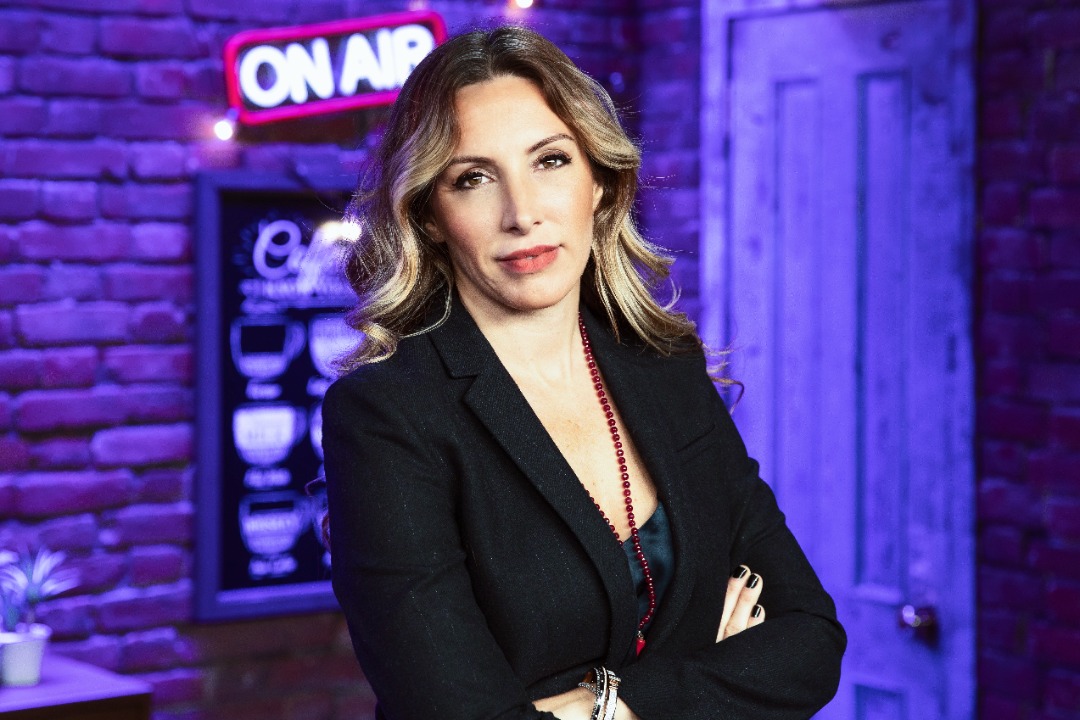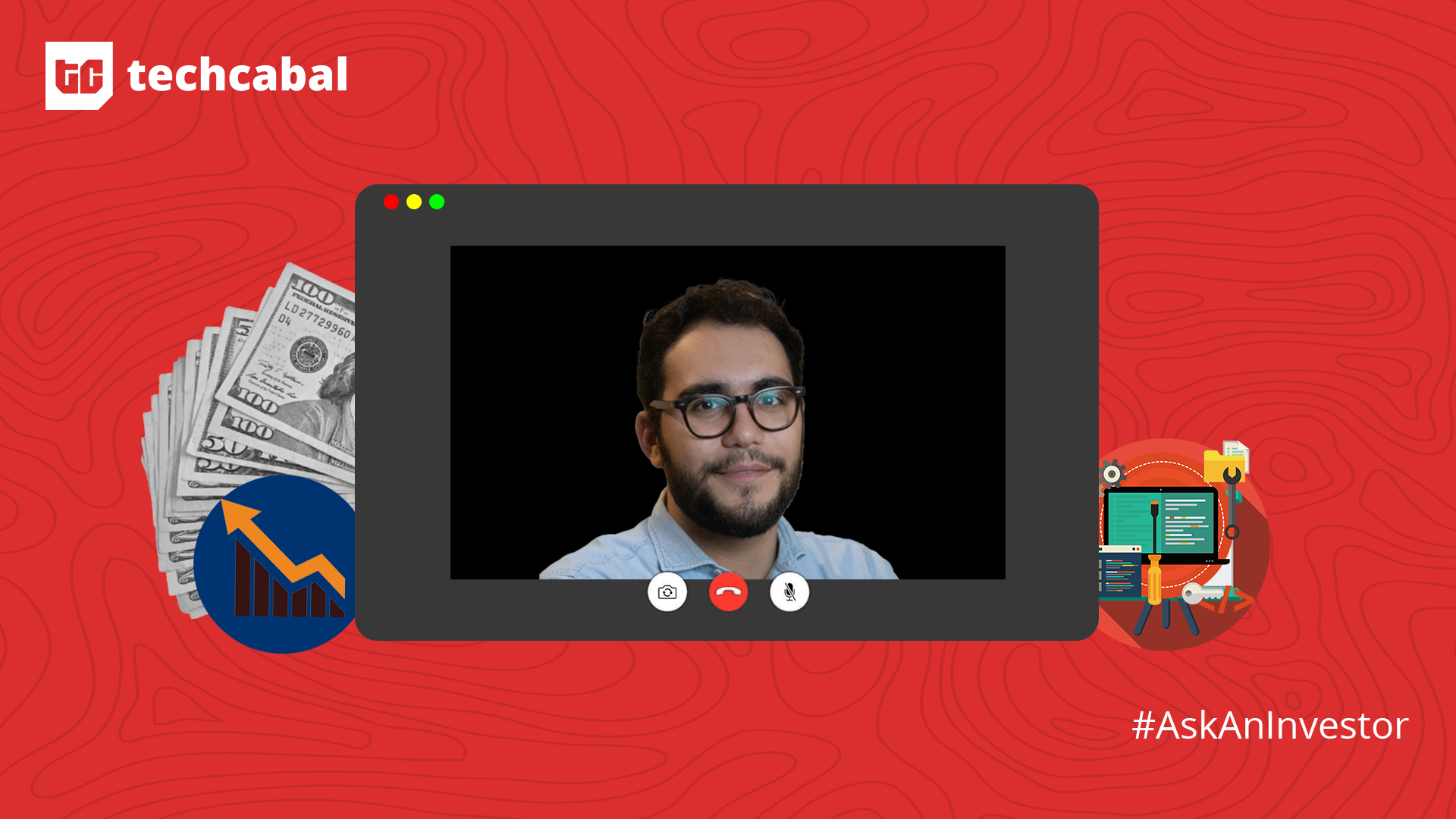At the end of October, social media giant, Facebook, changed its company to Meta. The announcement was made in an hour-long video that explained the company’s decision to shift gears away from being known as just a social media company and focus on building the metaverse.
Leading that work in Africa is Derya Matras, Vice President (VP), Middle East, Africa (MEA) and Turkey, Meta.
Prior to her appointment as VP in August, Matras was the Managing Director for the MEA and Turkey region. Before that, she was Country Director for Facebook in Turkey for four years. Derya holds a BSc in electronics engineering from Boğaziçi University, Istanbul, Turkey, and an MBA from Columbia Business School.
Over email, Matras talked to TechCabal about Facebook’s rebrand to Meta and how it plans to make money from the metaverse and deal with the challenges that come with building it.
How is the Metaverse better than Facebook in its current form?
When Facebook launched in 2004, it changed the way people connect. Apps like Messenger, Instagram, and WhatsApp further empowered billions around the world—and we are not turning away from these existing products. Those experiences are going to form a crucial part of the future metaverse ecosystem. The Facebook app is still going to be called Facebook.
The name Meta is a clear link to our vision for the metaverse. However, the metaverse will exist, whether Meta is there or not. So, Meta means us moving beyond 2D screens towards immersive experiences like augmented and virtual reality, to help build the next evolution in social technology. This is a natural evolution for our company as social media and technology evolves.
What demographic is the metaverse targeting in Africa?
Given all that the metaverse has to offer, there’s a lot at stake in making sure its possibilities are open to everyone and not just people from traditionally underrepresented groups. An inclusive metaverse benefits everyone.
Is Facebook building the metaverse because it’s best positioned to build something that’s inevitable?
In recent decades, technology has given people the power to connect and express themselves more naturally. We started with websites, then we got phones with cameras, and then the internet became more visual and mobile. As connections got faster, video became a richer way to share experiences. If you look back over time, we’ve gone from desktop to web to mobile; from text to photos to video. Now we are looking at what comes next. The metaverse will feel like a hybrid of today’s online social experiences, sometimes expanded into three dimensions or projected into the physical world. It’s the next evolution in a long line of social technologies, and it’s ushering in a new chapter for our company.
In Mark Zuckerberg’s letter, he mentioned that the “metaverse will not be created by one company”. Does this mean there’ll be other metaverses outside of Facebook’s metaverse and that they can all exist side by side without Facebook trying to be the only metaverse out there?
The metaverse isn’t a single product that one company can build. Its success depends on building robust interoperability across services, so different companies’ experiences can work together. And it won’t be built overnight. Many of these products will only be fully realised in the next 10-15 years. While that’s frustrating for those of us eager to dive right in, it gives us time to ask difficult questions about how they should be built. We’ll work with experts in government, industry and academia to think through issues and opportunities in the metaverse.
We also need to involve human and civil rights communities from the start to ensure these technologies are built in a way that’s inclusive and empowering.
Across Africa, we’re supporting Africa No Filter, Electric South and Imisi 3D to support creators who have been pushing the boundaries of digital storytelling using immersive technology to amplify African voices.
Is there the potential for other applications and programmes to be built in the metaverse—similar to the blockchain.
We are at the very start of this. A lot of the technology and infrastructure still needs to be built. It will take at least 5 to 10 years for this vision of the metaverse to come to life. This pace is going to be dictated less by business interests and more by technological realities. Infrastructure needs to be transformed with new technologies, hardware and cooling specifications to be able to support a robust service. And new hardware still needs to be built, including things like hologram displays, projectors, batteries, radios, custom silicon chips, cameras, speakers, and sensors to map the world around you and more.
Why should Facebook build this? Why not another company?
This was an important step for us to take on our journey, and as we evolve to Meta, we hope this will better reflect where we are going as a company. Like all businesses, we continue to innovate so that we can bring value to people’s lives.
We are a social company with investments in technology, like VR; and the metaverse is the next frontier of virtual digital connection—so it’s a natural evolution for our business. But it’s important to reiterate that Meta is neither going to build, own, or run the metaverse on its own. This isn’t going to be a Meta product.
Building this will be more like how the internet came about rather than how one app was launched. That’s why we will be collaborating at every stage with other companies, developers, experts, and policymakers. Principles of privacy, safety, and security need to be built in from the start. If we have the principles right, then as a society, we will be better at tackling new challenges with these technologies as they arise.
The transition to communication via the metaverse will face some challenges considering that it’s not just another app on the mobile phone. What challenges does Facebook expect to encounter in rolling out the metaverse in Africa?
New innovations bring new challenges, and there’s lots we need to figure out. But that’s why we’re starting this conversation early. We have to be responsible in our approach, and we intend to do that in a number of ways:
- No surprises: In the past, the speed with which new technologies have emerged has sometimes left policymakers and regulators playing catch-up. We don’t want this to happen this time around. A core principle is going to be “don’t surprise people”. That’s why we are having this conversation out in the open, way in advance of all these technologies being launched.
- Collaboration: Partnering with independent experts and organisations will be a crucial part of how we navigate future challenges. We have already launched a two-year $50 million investment in programmes and external research, collaborating with industry partners, civil rights groups, governments, non-profits, and academic institutions to get input as we build these technologies responsibly. This is alongside being a founding member of the XR Association (XRA), which is committed to helping build responsible XR, which includes virtual reality, augmented reality, mixed reality, and future immersive technology.
- Built-in: While we will need to continue to get better at anticipating risks, we won’t be able to see around every corner. That’s why the principles of privacy, safety, and security need to be built in from the start.
Facebook plans to spend ~$10 billion this year on the metaverse project—and even more in the coming years. How will the company make money from this?
It’s very early, and our focus today is more around building the foundational pieces for the metaverse, like VR, and bringing more people into those experiences. We outlined a few areas during Connect where we think there is an opportunity around commerce. We want to help provide tools for creators and developers so they can build a meaningful business in the metaverse because we think digital commerce will become increasingly important.
It’s also worth noting that investing in the metaverse also means additional resources invested in issues like safety and security. For example, the $10 billion investment in Reality Labs that we have already announced will include spending on research to better understand how we can responsibly tackle safety and integrity challenges in the metaverse.
And, just like the rest of the internet, we expect that free things in the metaverse would likely be powered by ads while there would also be paid experiences that are ad-free.
This is a very long-term vision. It’s going to take investment over many years before the metaverse reaches scale.
Lately, fingers have been pointed at Facebook for inciting civil unrest in Africa and being ill-equipped to staff its Africa offices to properly regulate posts. How does Facebook plan to build the metaverse responsibly?
Every day, our teams have to balance protecting the ability of billions of people to express themselves openly with the need to keep our platform a safe and positive place. We continue to make significant improvements to tackle the spread of misinformation and harmful content. To suggest we encourage bad content and do nothing is just not true.
We are on track to spend over $5 billion on safety and security in 2021 alone and have 40,000 people working on these issues, including 15,000 people who review content in more than 70 languages.
How we build is as important as what we build. And we will be collaborating at every stage—with other companies, developers, experts and policymakers—to make sure that what we build is good for the world.





















